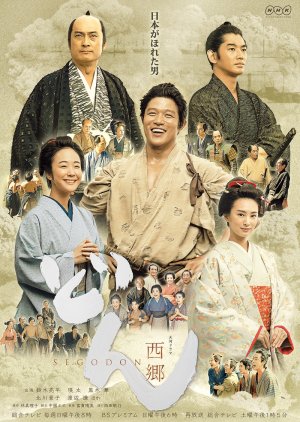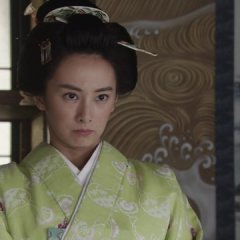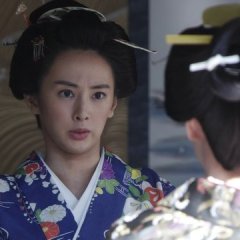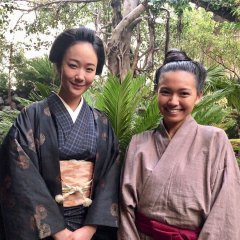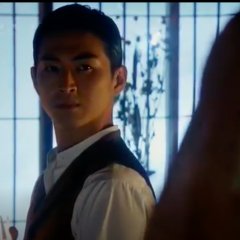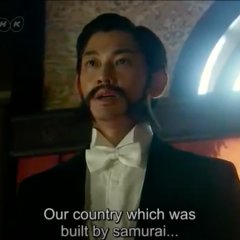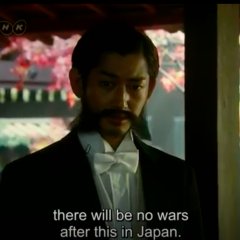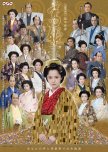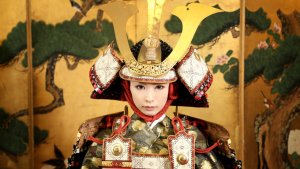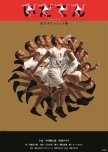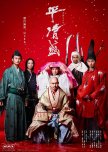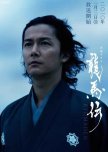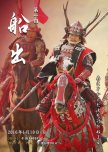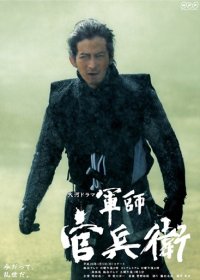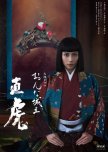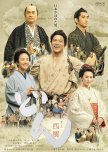 J-Drama National Tour - Part 3
J-Drama National Tour - Part 3 - Français
- English
- magyar / magyar nyelv
- dansk
- Titre original: 西郷どん
- Aussi connu sous le nom de: Segodon
- Réalisateur: Noda Yusuke
- Scénariste: Hayashi Mariko, Nakazono Miho
- Genres: Historique, Affaires, Romance, Vie quotidienne
Distribution et équipes
- Suzuki Ryohei Rôle principal
- Nagayama EitaOkubo Ichizo / Toshimichi [Kichinosuke's childhood friend]Rôle Secondaire
- Kitagawa KeikoSatsuma Oichi / Atsu-himeRôle Secondaire
- Kuroki HaruIwayama Ito / Saigo Ito [Kichinosuke's 3rd wife]Rôle Secondaire
- Matsuzaka KeikoSaigo Masako [Kichinosuke's mother]Rôle Secondaire
- Kazama MorioSaigo Kichibe [Kichinosuke's father]Rôle Secondaire
Critiques

Cette critique peut contenir des spoilers
This is my first Taiga Drama from the late Edo period, and as a bonus this is also span through the early Meiji era. Maybe because of its closeness with modern time, Segodon is easily relatable to the current world. I would say, this is simply a must watch!In summary, Segodon is a heartwarming drama with strong values of friendship, families, ideals, and dreams. At the beginning of the drama, there was a narration something like; "Saigo Takamori, a person who was popular with men and women". And at the end of final episode, that is exactly what viewers will feel. Credit to the production team for managing to convey this message despite the drama being aired for a year long.
That said, one strong point of Segodon that I think is worth to mention is its casting. I must say they have a good casting team. Even Suzuki was willing to gain weight for his role. What an amazing actor he is! The overall acting from the rest of the actors was excellent too with many scenes managed to caught my emotion (not necessarily the soapy one).
Being an historical drama made the dialogs more interesting, with deep meaning in their conversations. They did a good job too on the Satsuma accent as well as the islander dialects, but I'm not Japanese so can't really tell if they made blunders in between.
Another thing that I found interesting in Segodon is how they use hints when it involves (immoral) man-woman relationship. This might be a spoiler, but for the sake of giving example there was a scene with Ooyama saying, "from now on Otama (escort lady in Edo) and me are one". There's also other scene when Okubo receive medicine from Oyuu and said thanks in Kyoto dialect "o-kini" while Saigo and the other guy keep looking at each other. Both scenes ended abruptly without much explanation but surely hinting on something (at least true for Okubo's case).
It's also suspicious when Saigo named his son Torataro and at the same time there's woman called Tora who worked in Satsuma's Inn in Kyoto who portrayed as taking interest on Saigo more than usual (however more like a one-sided love). But, viewers know the reason behind Ito's divorced before she married Saigo.....so this is the big mystery among all.
Despite all the good things, there are also few week points of this drama especially on the story towards the end. I personally think the screenwriter should have elaborated more on some of the important political events such as the Boshin War and conflict between Kido and Okubo (which was missing from the storyline).
Another thing I noticed is the interpretation of Okubo's character during the several last episodes. This is just me but it feels like the production team was too cautious about it by leaving viewers to interpret themselves. A lot of scenes related to Okubo's action were done so vaguely. It would be great if they just be bold on that matter, just like how people made interpretation of Tokugawa Ieyasu for example.
Cet avis était-il utile?

